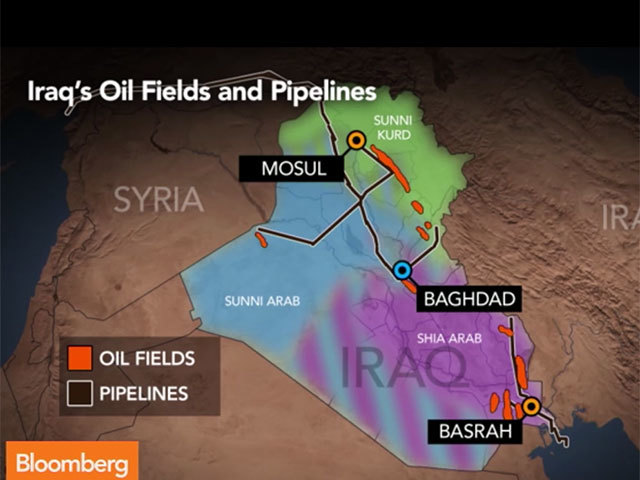
The Kurdistan Regional Government could double its oil production in the next year and triple it within a decade, according Goldman Sachs Group.
The semi-autonomous region is currently locked in a battle with the Iraqi government over its right to export crude.
The feud which has extended all the way to Galveston, Texas where a US judge ordered the seizure of more than $100million of oil stored in a tanker located off the state’s coast.
The Iraqi Oil Ministry raised a complaint stating the cargo was illegally pumped from wells in Kurdistan and transported through a hotly disputed Turkish pipeline.
US Magistrate Nancy Johnson ruled in the ministry’s favour, staying in line with the country’s view that Kurdistan is officially a part of Iraq.
But according to a new report, analysts including New York-based head of commodities research Jeff Currie, said the region could increase production to 540,000 barrels a day by the end of next year.
However, that figure depends on expanding the region’s pipeline capacity, including ensuring access to the main export pipeline to Turkey’s port of Ceyhan.
The successful operation of the Baiji refinery will also influence the figures.
The International Energy Agency recently tipped Iraq to become the biggest source of new capacity this decade in the Organisation of Petroleum Exporting Countries – the organisation responsible for 40% of the world’s oil. Brazil is also expected to play a major role in output.
“With Brazil and South Iraq, it’s the largest growth potential in the industry outside North America,” said Michele Della Vigna, the bank’s head of European energy research.
“There will be enough buyers of Kurdish crude in the market. The greatest uncertainty at this point in time surrounds the payment mechanism to the producers and security of installations and pipelines.”